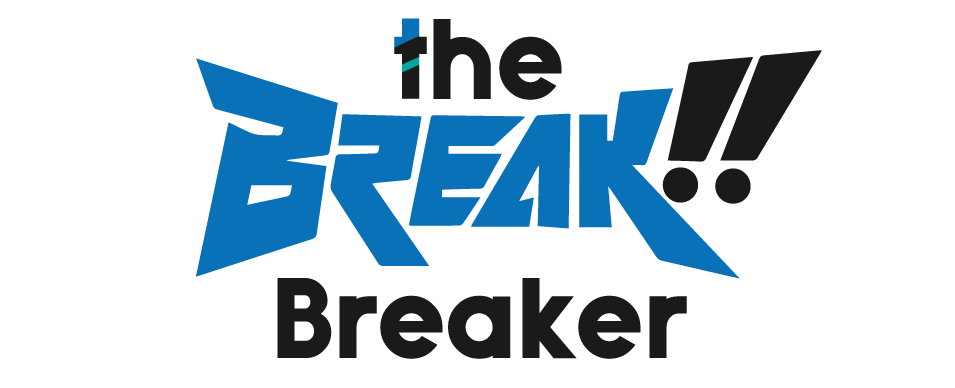
How To Navigate Shareholder Disputes In Business?
When starting a business, partnering with others to share the workload and risk is expected. While these partnerships can be advantageous, they can also lead to shareholder disagreements, potentially resulting in legal disputes that threaten the business’s viability.
Shareholder disputes can arise for various reasons, including differences in management styles, financial conflicts, and conflicting visions for the company’s future. To navigate these disputes effectively, it is essential to understand the legal rights and obligations of shareholders, develop a transparent and fair resolution strategy, and seek legal advice from experienced business attorneys. You can Learn more about business attorneys as they can guide you through the complex legal process.
Insights to navigate shareholder disputes in business:
- Review the company’s operating agreement and bylaws.
Keeping all shareholders informed and up-to-date on developments and decisions that may affect the business is essential. By communicating openly and transparently, shareholders can build trust and prevent misunderstandings from escalating into disputes.
It is also crucial to listen carefully to other shareholders’ concerns and perspectives and try to understand their positions. By fostering open and honest communication, shareholders can work collaboratively to find common ground and develop practical solutions to disputes.
- Identify the root cause of the dispute.
Navigating shareholder disputes involves profoundly diving into the underlying issues and understanding what drives the dispute. By identifying the root cause, shareholders can develop a more effective resolution strategy that addresses the fundamental issues and prevents similar disputes from arising in the future.
This process requires careful analysis and may involve conducting interviews, reviewing documentation, and engaging in frank discussions with all parties involved. By clearly understanding the problem, shareholders can find the best path to resolve the dispute.
- Consider alternative dispute resolution (ADR) options.
When navigating shareholder disputes, it is essential to consider alternative dispute resolution (ADR) options like mediation or arbitration. ADR can be a faster, less expensive, and less aggressive way to resolve disputes than traditional litigation.
Additionally, unlike public litigation, ADR methods can help preserve business relationships between shareholders and maintain confidentiality. While not every dispute is appropriate for ADR, it is worth considering, especially if the parties involved are interested in resolving the issue amicably and avoiding costly and time-consuming litigation.
- Communicate openly and transparently.
Open communication is essential to keep all shareholders informed and up-to-date on developments and decisions that may affect the business. By communicating openly and transparently, shareholders can build trust and prevent misunderstandings from escalating into disputes.
It is also crucial to listen carefully to other shareholders’ concerns and perspectives and try to understand their positions. By fostering open and honest communication, shareholders can work collaboratively to find common ground and develop practical solutions to disputes.




